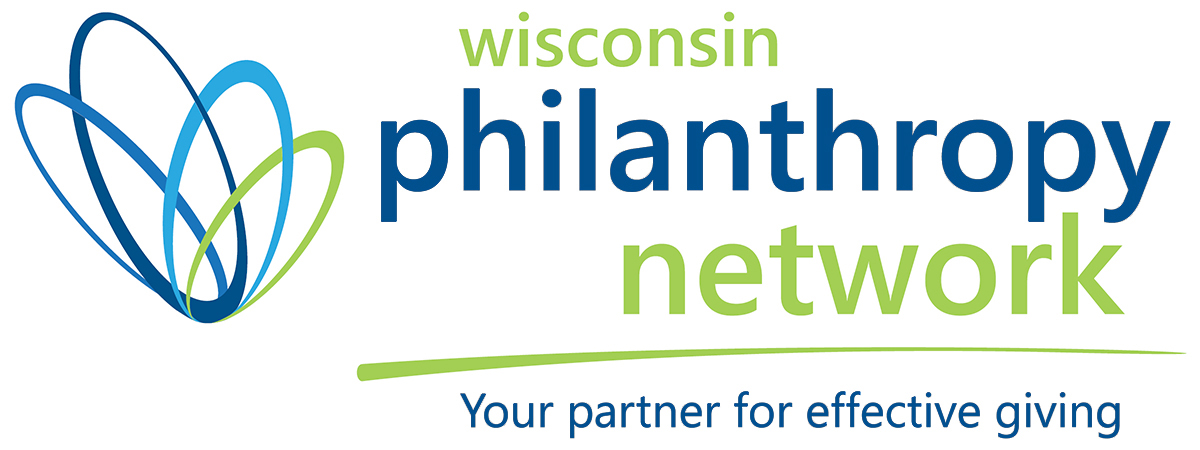To the Editor:
Lauren Smith’s opinion article, How to Help the Most Vulnerable Through the Pandemic, made an important point about a focus on equity in philanthropy’s response to the coronavirus. She encourages funders to pay specific attention to communities that are likely to suffer disproportionately during the coronavirus pandemic because of “historic, systemic barriers that have left them vulnerable.”
Philanthropy is well positioned to play a crucial role in responding to this public health challenge because we are frequently on the front lines in responding to community crises, are trusted in communities, and invest in long-term solutions. The philanthropy-serving organizations that come together under the umbrella of United Philanthropy Forum, a national network of 84 organizations representing more than 7,000 funders, are committed to helping our sector respond effectively to the coronavirus. In doing so, we are particularly attentive to ways in which this outbreak may exacerbate inequities.
RESOURCES
- 5 Steps Nonprofits Can Take to Make Research More Equitable
- How Foundations Can Foster Diversity and Inclusion
- 3 Ways Foundation Heads Can Lead on Racial Equity
- 6 Steps Foundations Can Take to Advance Racial Equity (Opinion)
- Grant Makers Inch Toward Equity
In a recent op-ed for the Washington Post, Richard E. Besser, CEO of the Robert Wood Johnson Foundation, summed up well the inequities being exposed by the coronavirus outbreak: “The elderly and disabled are at particular risk when their daily lives and support systems are disrupted. Those without easy access to health care, including rural and Native communities, might face daunting distances at times of need. People living in close quarters — whether in public housing, nursing homes, jails, shelters or even (people experiencing) homeless on the streets — might suffer in waves, as we have already seen in Washington State. And the vulnerabilities of the low-wage gig economy, with non-salaried workers and precarious work schedules, will be exposed for all to see during this crisis.”
Many organizations in the philanthropic sector and other sectors have made changes in their workplaces or are considering such steps, which include requiring employees to work from home, increasing paid sick leave, and providing extra funds to let employees take shared rides to work instead of public transportation. Others have restricted or banned employee travel to conferences and meetings. While these are all appropriate steps, we need to recognize the underlying disposition toward privilege that these policies presume. Travel bans are impacting workers at hotels, restaurants, and airlines. Remote work requirements are affecting people who provide ancillary services for our offices, such as employees at the lunch spots near our emptying office buildings, people operating our public transit systems, etc.
Numerous workers don’t have the privilege of working from home or getting added benefits to help them cope with the coronavirus. The nature of their work requires them to show up in person, their employers do not offer additional sick leave or other increased benefits, and their lower incomes force them to continue taking public transportation. These are often the same people who do not have the financial resources or appropriate health insurance coverage to cope with an illness should they happen to contract the virus.
All of these disparities tend to cut across gender and racial lines. Communities of color will be impacted disproportionately in specific sectors of labor: Farmworkers, those living in close quarters, fast-food workers, retail workers, immigrant labor, as well as those being held in government facilities (jails, detention centers). LGBTQ people and HIV-positive people are also particularly vulnerable.
The rise of the coronavirus has also led to a sharp rise in racist and xenophobic actions directed at individuals of Asian heritage. As noted by Asian Americans/Pacific Islanders in Philanthropy: “There are videos circulating on social media showing young adults harassing and even assaulting innocent, unassuming Asian people in public spaces who justify their actions by claiming to protect themselves from the virus or even go so far as to ‘cleanse’ Asians of the virus.”
Many funders have taken steps to address the coronavirus outbreak in ways that have included deep considerations of equity. Here are some actions for all funders to consider as you address the Covid-19 outbreak:
- Set up or contribute to a fund in the area(s) where your employees are located, to compensate workers who will be most impacted by a reduction in income due to changed workplace practices. As Besser advised in his op-ed, these funds can be used to compensate hourly workers without paid leave for their loss of income when sick or unable to come to work if their place of employment is closed, provide legal aid for those who are fired for not coming to work when ill, fund outreach to non-English speakers, and supplement funding for community health centers. They can also help families who are grappling with a range of issues due to school closures, such as ensuring free meals, getting help with child care, and providing home computers and internet access for online learning. A coalition of philanthropy, government, and business partners have created a Covid-19 Response Fund, hosted by Seattle Foundation, that will rapidly deploy resources to community-based organizations at the front lines of the region’s coronavirus outbreak. Similar funds are being created in other communities.
- Deploy rapid-response funds to communities that will be impacted by a reduction in travel, particularly in communities where nonprofit of philanthropy conferences have been canceled, to compensate workers most affected by a loss of income. This could be a contribution to the local community foundation or to nonprofits that are serving the needs of impacted community members.
- If a philanthropy or nonprofit conference or other event is canceled due at least in part to employers’ travel bans, reach out to the event organizer to see if they need financial assistance to recover from the losses of a canceled event. Nonprofit event organizers often rely on sponsorships and registration fees as a key part of their revenue stream to maintain their financial health and sustainability.
- Reach out to your grantees to see how they’re doing and ask if they need any immediate assistance. The Heising-Simons Foundation has established a rapid-response fund to offset unexpected costs incurred by its grantees for disruptions to operations as a result of the coronavirus outbreak, while the Robert Sterling Clark Foundation has added one year to all of its grants. Also engage your grantees in any longer-term changes in policy or practice that you may make in response to the coronavirus that would impact their work.
- Following the advice of Asian Americans/Pacific Islanders in Philanthropy, proactively remind ourselves and those around us to not project fears of the virus onto marginalized groups or spread unfounded associations. The Nellie Mae Education Foundation created the rapid-response fund Racism is a Virus Too to respond to the hate crimes and bias against Asian American communities resulting from Covid-19.
- One of the most equitable actions a funder can take is to provide your grantees with general operating support. They know best how to respond to this growing and quickly changing crisis, and need as few funding restrictions as possible to do their work. The Eisner Foundation is among the funders that have converted their grantees’ current restricted funds to general operating support.
- Amid a stream of misinformation being shared about the virus in the public realm, use your voice as a trusted source of reasoned, fact-based information for your communities. The public trusts the charitable sector more than either the government or business sectors, so it is important for philanthropy to lift up our voice. Philanthropy must also advocate for a strong and appropriate federal government response to the pandemic, including economic and health-care support for people who will be hurt the most.
Philanthropy must continue doing all that we can to ensure that our communities and our country address the coronavirus outbreak in ways that are as equitable and fair as possible. This message comes not just from me but from a long list of United Philanthropy Forum members who — in an important show of unity in these uncertain times — have signed a joint statement on keeping equity in the forefront of our coronavirus response. In fact, these members played a collective role in crafting the words in this piece. It is this type of collaborative effort that our sector will continue to need to fight this threat to our public health and societal well-being.
David Biemesderfer
President
United Philanthropy Forum
Washington




